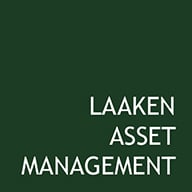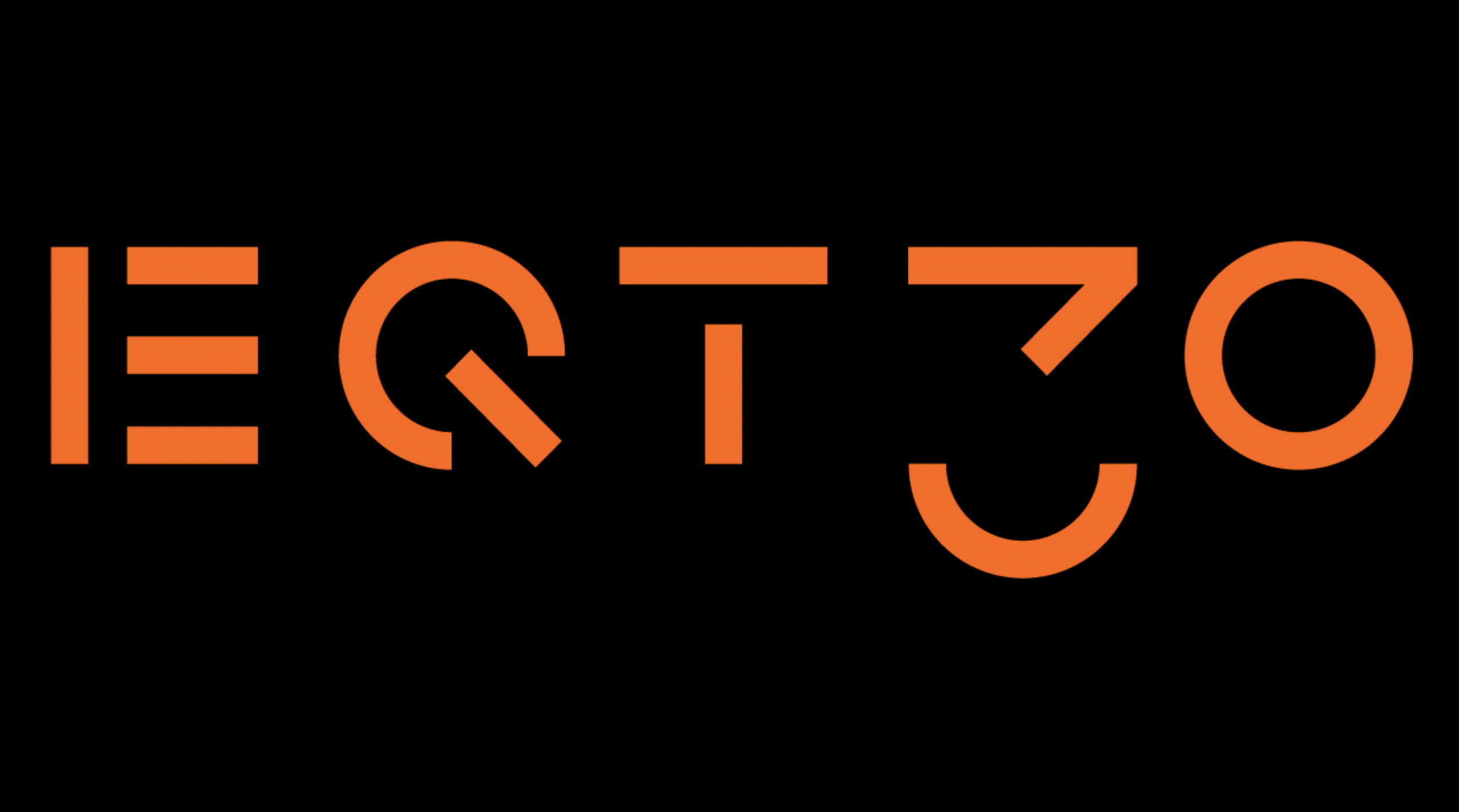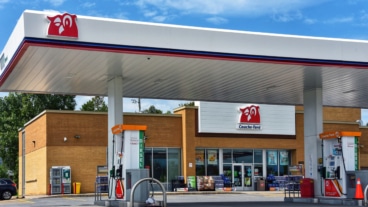We previously wrote about the “alternatives” sector in our discussion of KKR. The General Partners (GP), the holding companies above the private equity funds, have returned more than 20% per year over the past ten years. That is more attractive than a direct investment in their funds, which after costs do not achieve that return and are illiquid. Our positive impression of this sector remains unchanged. Below we focus on EQT’s unique elements.
First, EQT focuses on operational improvement in their holdings. They usually appoint an industry expert as chairman. Together with EQT’s advisory team, they select a management team. This chairman buys shares in the company with his or her own capital. This ensures that the interests are aligned with EQT as an investor. A good example is Galderma, manufacturer of skin creams such as Cetaphil. EQT acquired Galderma in 2019 and appointed the former vice chairman of Johnson & Johnson as chairman. After implementing a number of strategic changes, EQT successfully took the company public in March 2024.
Secondly, in their Real Estate segment they operate through a “local with locals” strategy. EQT has offices spread across smaller cities. As a result, they expect to have better access to deals than competitors who often have one large office in a capital. EQT focuses on “low weight, lots of reps”. For example, they combine several local department stores, modernize the infrastructure, and sell it as one asset after a few years.
Third, EQT has unique exposure to Asia. EQT acquired Baring Private Equity Asia (BPEA) in 2022. BPEA was founded in 1997 and has a renowned position in Asia. It represents 12% of EQT’s assets under management. Only 6% of private capital raised worldwide is invested in Asia compared to 37% in the US. Each country is led by employees with decades of local work experience, which is important in these markets. BPEA itself is led by its founder. He arranged the management buyout of BPEA from Baring in 2000 and owns c. 10% of EQT AB.
That brings us to the final, unique element. In 1995, Charlie Munger shared a now famous saying: “Show me the incentives and I will show you the outcome.” At Laaken we like to see management and employees pursue the same goals as the shareholders. This is the case with EQT. CEO Christian Sinding has been with the firm for twenty years and owns €740m in EQT shares. Employees together own more than 50% of EQT.
Valuation
At EQT’s IPO in 2019 we bought a position below SEK 90. Laaken held this position until November 2021 and sold it in two steps at SEK 450 and SEK 540. We found the valuation of ultimately 60 times the expected profit to be too demanding. The capital market day provided us with sufficient comfort and access to management to rebuild a position at a lower valuation of approximately 25x expected earnings (c. SEK 345). The company has an expected organic growth of >8% with margin improvement. This ultimately results in 9-11% profit growth with a dividend of 1% and additional share buybacks. We also see optionality. We expect EQT to significantly expand their platform in the US after hiring a partner from KKR. In addition, EQT has €8.5 billion in future performance fees in their current funds if the investments perform as expected. These are significant additional cash flows. All funds are currently performing according to or above expectations. Subsequently, EQT has been working on their AI platform, Motherbrain, since 2016. On the capital market day they showed how they can automate certain processes using big data, so that fewer people are needed for the same amount of work.
ESG
Within the alternatives sector, EQT contributes the most to ESG. The chairman of the Science Based Targets initiatives (SBTi), is also the chairman of EQT’s ESG initiative. SBTi works together with the United Nations to set scientific goals to combat climate change, among other things. He emphasizes that setting clear goals is the only way to make progress. In addition, EQT publishes an annual sustainability report. Within the Infrastructure segment, EQT focuses heavily on energy grids and sustainable energy. These transition costs are estimated at more than $9 trillion per year. Private Infrastructure is particularly well positioned for this transition. These investments take several years and initially reduce profits, but ultimately achieve solid returns.
Risks
EQT senior management has a lock-up, which allows them to sell a percentage of their shares every year. For 2024-2026, more than ten percent of the EQT shares will be released annually in September. If they sell them, supply will increase, and the share may come under pressure. However, we see some mitigating factors. EQT’s liquidity is lower than, for example, Partners Group or KKR. Funds with tens of billions in assets are therefore unable to invest in EQT. If the amount of freely tradable shares increases, these funds may be able to invest in them. In addition, management invests at least half of the proceeds from the sale of their shares in EQT funds, which ultimately benefits EQT’s profits. The release of the shares could even be a catalyst. Like us, others see this “overhang” and wait for it to pass to build a position.
In addition, EQT has acquired Exeter and the aforementioned BPEA. Integrations always involve risks. EQT indicates that since January 2024, the teams have been fully integrated into one platform. The funds of both segments are also performing above expectations so far.
We believe that these risks are acceptable and that we have added an attractive long-term holding to the portfolios.







